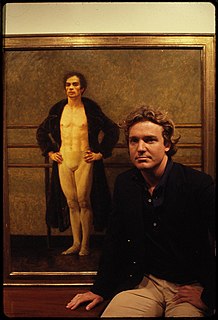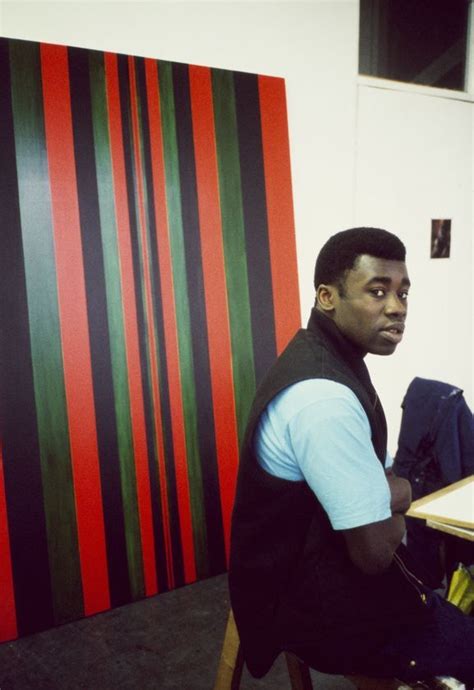A Quote by Jamie Wyeth
Painting is such an individual profession. I'm not performing. There's no audience.
Quote Topics
Related Quotes
Not every painter has a gift for painting, in fact, many painters are disappointed when they meet with difficulties in art. Painting done under pressure by artists without the necessary talent can only give rise to formlessness, as painting is a profession that requires peace of mind. The painter must always seek the essence of things, always represent the essential characteristics and emotions of the person he is painting.
When I was painting in art school - and I think many painters in the 1980s worked similarly - a finished painting would often be constructed from lots of other paintings underneath. Some of these individual layers of painting were better than others, but that was something that you would often only realise retrospectively.
Painting to me is addictive. These are moments when it is inspiring, but they are few and far between. I keep my tools sharpened for the moment when things do start clicking, but that doesn't happen a lot. I really have to push myself sometimes. Painting is a profession in which it is very easy to be lazy, particularly if you have any degree of success.






































